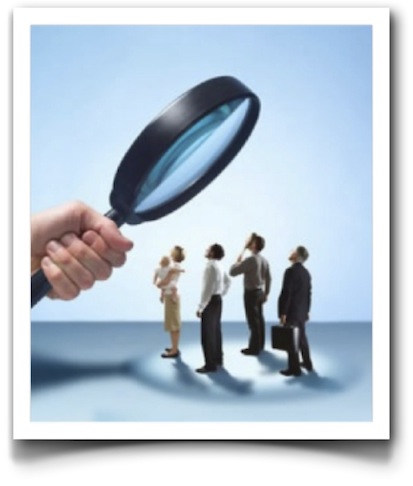- Facebook and Datalogix: Connecting offline and online data
 |
Facebook and Datalogix: Connecting offline and online data
|
Facebook
announces an agreement with Datalogix, leader in the integration of
marketing databases with digital media, with the supposed aim of
measuring the often discussed efficiency of its advertising, and shoots
with it all alarms on the privacy of its users. While some large chains
of establishments such as CVS categorically assert that they do not
share personally identifiable information with Facebook or with
Datalogix, the Electronic Frontier Foundation publishes a detailed
article in which it realizes the procedures that Facebook intends to
carry out with the information, and the process to make opt-out of the
system.
Basically,
what Facebook wants to do is compare the gigantic database of
Datalogix, it contains data from hundreds of loyalty programs used by
North American consumers, to obtain samples from customers that can
divide depending on whether they have been exposed to advertising
campaigns or not, and to sample the number of consumers in each group
that acquired a particular product. The data encryption structure, the
fact that they are handled in an aggregate manner by groups, and the
agreement that Facebook has signed with Datalogix to protect users '
privacy prevents a purchase behavior from being assigned to a specific
user of the social network.
The
guarantees, however, are contractual or technical, do not serve to
reassure many users who see in this connection between their behavior in
and out of the network an invasion of their privacy. Articles like The
New York Times published last February, "How Companies Learn Your
Secrets", nine pages detailing the procedures of the companies use and
how they have served, in many cases, to have more information about the
customers they have about themselves, they do not contribute precisely
to creating a climate of confidence in this sense. In fact, it is well
known for many years that companies that are able to gather information
about the behavior of purchasing broad categories of products, like
Tesco in the UK, they have more information than anyone about their
consumers thanks to their loyalty cards, and they work with them with
relative freedom when it comes to exchanging access to it with brands
and manufacturers.
In
fact, it is well known that companies that use this information well
are able to revert value to all sides of the equation: manufacturers get
a better understanding of their customers without access to their
individual data, customers receive offers and coupons better adapted to
their consumption that allow them to pay less for their purchase , and
the company captures a portion of that generated value cobrándoselo to
manufacturers who, otherwise, would be forced to distribute their
coupons at random. The loyalty card system has been working well for a
long time, and most of its customers do not seem to be particularly
concerned that the establishment in which they shop can have a very
detailed picture of their personal and family consumption patterns. Or
do not worry, or the price paid in terms of loss of privacy seems
appropriate. But seeing Facebook, with the vast repository of
information that it treasures about us (because we have been giving it
over time), coming into contact with that system, seems a more delicate
step.
In
particular, I do not think we will witness any kind of avalanche of
users doing opt-out on the corresponding page. Moreover, I do not think
that the we or even the procedure carried out by Facebook was a kind of
carte blanche open to the use and eventual abuse of any data. In fact,
my opinion is that the complete connection of offline and online data
generation systems is simply a matter of time. For better or for worse,
and without wanting to go into that thorny discussion of whether that is
good or bad, I am convinced that we are heading to a world in which
this connection will be complete and in real time. A world that will
greatly characterize the business environment in which we are going to
live, and which, in my facet as a business school teacher, will have to
know exhaustively. We'll have to get ready.
0 comentarios: